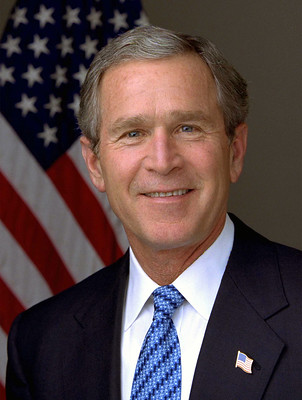Recently, I’ve been writing about the dangers of not having a strong Conflict of Interest (COI) policy. A conflict-of-interest issue arose that affects the Rancho Santiago Community College District retirees. The problem is not small, and it’s not merely a nuisance. The result of not having a strong COI policy is that the RSCCD retirees will now pay substantially higher Medicare premiums for the rest of their lives, and they will not have the health care in retirement that for decades their college had promised them.
The retirees will be (and some already have been) saddled with costly healthcare expenses that Medicare does not cover. This happened because the CFO had developed a hidden financial relationship (which included regular high-value gifts) with an insurance provider. Over time, the CFO transferred all of the college’s insurance policies to this provider without following either RSCCD’s competitive bidding policies or its weak conflict of interest policies.
I did a quick survey of Michigan’s community colleges. From the table below, you’ll see that most community colleges have a published conflict of interest policy that applies to college employees, its trustees or both. Half of the institutions also have explicit prohibitions on college employees accepting gifts, and require annual disclosures of any relationships with businesses. As is standard with COI policies, the disclosures also apply to family member involvement with vendors who do (or hope to do) business with the institution.
WCC’s COI policy has not even been reviewed since George W. Bush’s first term in office. Further, the policy applies narrowly to college administrators. It excludes the Trustees, and there is no explicit prohibition on the solicitation or acceptance of gifts or private gain.
WCC needs a strong Conflict of Interest policy
This weak, incomplete conflict of interest policy is wholly unacceptable. The fact that the Trustees (who can’t be bothered to write or update their own policy manual) have excluded themselves from adhering to a COI policy is a huge red flag. There is no reason to open the door to this kind of abuse of the public trust.
The Trustees must immediately review and amend the Conflict of Interest policy to include comprehensive prohibitions on the solicitation and acceptance of gifts of any value by all employees. They must apply the same policy to themselves in their capacities as Trustees of the college. And they must implement a strong annual disclosure policy and accompanying processes. It is ridiculous that even the smallest of Michigan’s community colleges have these policies and practices in place, and WCC, which is one of the best publicly funded community colleges in the State has a COI policy that hasn’t been updated since before Facebook was founded.
| Community College | Gift Policy |
|---|---|
| Alpena Community College | No |
| Bay de Noc Community College | Yes |
| Delta College | Yes |
| Glen Oaks Community College | |
| Gogebic Community College | Yes |
| Grand Rapids Community College | Yes |
| Henry Ford College | Yes |
| Jackson College | Yes |
| Kalamazoo Valley Community College | No |
| Kellogg Community College | Yes |
| Kirtland Community College | Yes |
| Lake Michigan College | Yes |
| Lansing Community College | Yes |
| Macomb Community College | No |
| Mid-Michigan Community College | No |
| Monroe County Community College | Yes |
| Montcalm Community College | Yes |
| Mott Community College | Yes |
| Muskegon Community College | Yes |
| North Central Michigan College | No |
| Northwestern Michigan College | Yes |
| Oakland Community College | Yes |
| Saint Clair County Community College | |
| Schoolcraft College | |
| Southwestern Michigan College | Unknown |
| Wayne County Community College District | No |
| Washtenaw Community College | No |
| West Shore Community College | No |
Photo Credit: GPA Photo Archives , via Flickr









